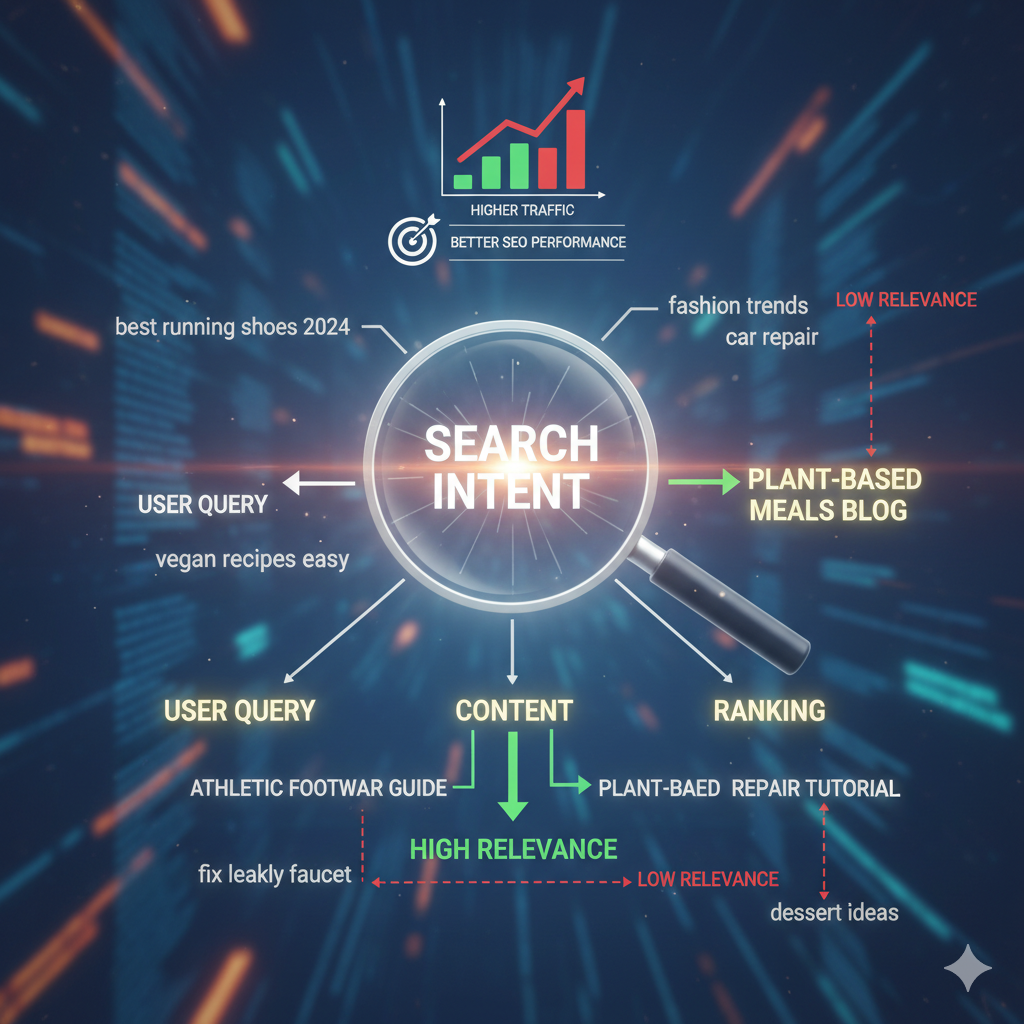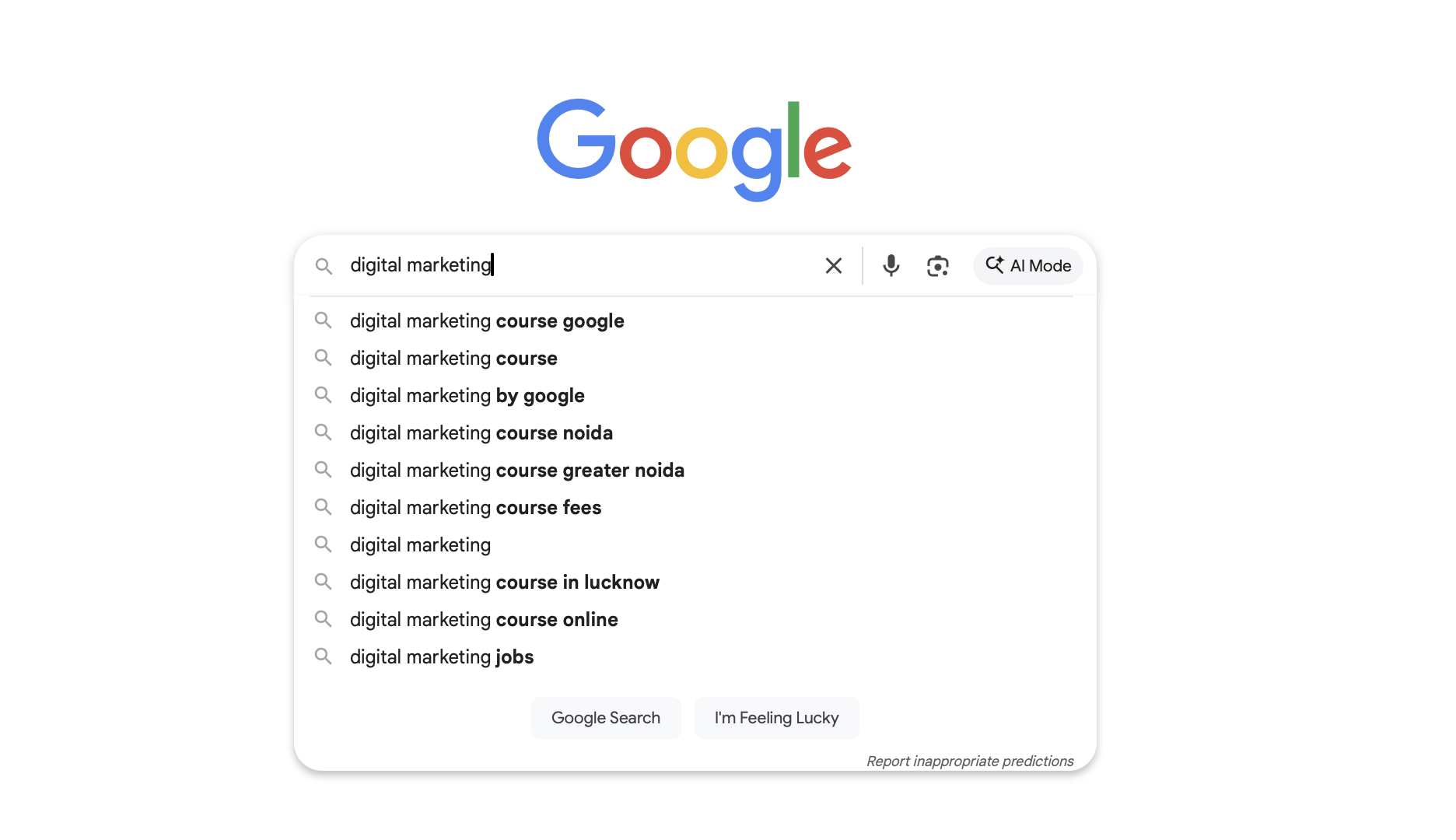Keyword relevance is something that Google uses to relate content to search queries on the internet. Have you seen some pages ranking above others and are at the top of SERPs? Google understands the relevance of the search result by understanding the intent behind the search queries.
Keyword Relevance is something you focus on first when you need to align your content with the meaning of the search query. Here, we will learn more about Keyword relevance and its importance. There are many techniques you can use to improve the relevance of your content on search engines.
What Is Keyword Relevance?
Keyword Relevance is the most important part of an SEO strategy. Think of it as a base layer that you need to fix first before making any other optimization in your content. It also tells how well the content aligns with the search queries on the internet, further impacting the search result rankings.

For example, suppose you have an online store and you want to write a blog related to it. Now, if the page you are covering is about “running shoes for women”, then some of the highly relevant keywords are “lightweight women’s running shoes” and “best running shoes for women. Now, if you try to use “formal shoes for men”, and “kids’ shoes”, they are irrelevant keywords and won’t help you rank on SERPs.
Important Takeaways: Keyword Relevance
- Keyword relevance is the power of the search engine to relate the search query to the intent of the content covered on the same topic.
- Modern search engines relate the user intent and context of the content available on Google before ranking it on SERPs.
- Google uses NLP models like Gemini, BERT, and MUM, and more, to analyse the meaning behind the queries and relate it to the content available.
- Google is now capable of understanding the semantic relevance of content, not just exact keyword matching. Hence, keyword relevance is important but not the only point in optimization for ranking.
Why Is Keyword Relevance Important In SEO?
In the early days of Search Engine Ranking Optimization, exact keyword matching i,e. If you want to rank for an article including “best running shoes for women,” then you have to repeat the same exact phrases multiple times throughout the content, including titles, meta tags, headings, body texts, and more. People started using keyword stuffing and other scammy methods to rank on Google, even without any good content quality. These days, search engines are not very capable of understanding the contexts and variations.

However, in the present advanced technological era, Google is looking at the intent behind the search query and understanding the content to relate it to the search query. For example, when you are searching for “lightweight running shoes for women,” Google will understand the intent of this search query and rank your content if you pass the Google intent check.
- Practices like Keyword stuffing became less effective, and the quality of search result pages increased.
- Scammy websites and irrelevant content started losing their visibility and rank on Google.
- Google now evaluates content using the EEAT principle (Experience, Expertise, Authority, and Trustworthiness), which makes sure that your content actually solves users’ queries.
- AI Overview snippets are answering search queries by matching the relevance and intent of the content.
Read More: What Are LSI Keywords? And How Do They Help With SEO?
How to Detect Positive Keyword Relevance Signals?
Google evaluates your content based on various factors, despite matching the focus keyword of the content.
- Google checks the intent behind the user’s query, making sure that the content covered is about the topic and fulfills the needs of the user.
- Search engine delivers more personalised responses using various factors, including the location of the user, search history patterns , preferences, and more.
- When you keep content updated at regular intervals of time then it helps you stay relevant and helps you rank for new queries.
- Search engine delivers more personalised responses using various factors, including the location of the user, search history patterns, preferences, and more.
- When you keep content updated at regular intervals of time then it helps you stay relevant and helps you rank for new queries.
- Google no longer solely relies on exact matches, but it checks whether the content includes important tags like title, bylines, headlines, and more that include the focus keyword.
- When users engage with the content they found in the SERPs, it also sends Google a positive response for the page.
- Links (External and Internal) used in the content help Google understand the authority and page context.
How to Make Content Relevant To a Search Query?

You can easily check your content relevance using the easy methods below.
1. Conduct Deep Research
Whenever you are preparing a new topic, you have to make sure you have enough information, stats, and resources available to provide users with quality information. Make a habit of listing all relevant information available that you can provide in your content.
- Use SEO tools to conduct analysis, including competitors who are already there on top.
- Follow Google’s official content guidelines
- Keep track of all the latest updates on Google Search Central to keep your content up to date.
2. Make Sure Your Content Aligns with Search Intent
You have to make sure the content you cover is what users are expecting on the SERP page. Users might be looking for some information, products, services, videos, or more.
- Make sure that your webpage is among these types i,e. Product page, blog post, category page, landing page, and more.
- Make sure your content aligns with the any one the content intent i,e. Navigational, informational, commercial, transactional.
3. Target Keyword At the Right Position
You have to use your target keyword at the right position in the content while avoiding any type of keyword stuffing practice. Make sure you are distributing keywords throughout your content.
- Page title
- URL
- Heading tags (H1, H2, H3, and H4)
- Bylines
- FAQs
4. Make Use of Secondary Keywords In Content
You cannot solely rely on your focus keyword throughout the content. Use secondary keywords, including long tail keywords that are more specific and aligned with the intent of the content on the webpage.
- You can search for related terms on Google SERPs.
- Try to include secondary keywords in frequently mentioned phrases.
- You can use either Google-related search topics, the People Also Ask section to find relevant search queries on the internet, which you can include in your content.
How Does Google Determine the Relevance and Ranking?
As per the official pages of Google, it analyzes the content to assess whether or not the information available on the webpage is relevant to the user’s search query.

- The first and most important signal that content might be relevant is using keyword matching.
- Google does not consider viewpoints or any biased form of information on some political events or subjective topics.
- Google makes changes in its policies from time to time to ensure that the search results are well aligned with users’ needs and requirements.
Google’s ranking system is designed to sort through billions of webpages to provide users with the most relevant and useful results on the top pages.
Become a Pro in Digital Marketing With PW Skills
Build your career in Digital Marketing with an AI powered Digital Marketing Course offered by PW Skills. This course is suitable for newcomers, self learners, and business owners looking for digital growth of their business and building online presence.
Get in demand skills designed for today’s AI driven landscape with optimised SEO, social media strategy, content creation, analytics and more to build your career in digital marketing.
Looking for More?
- Get industry led live sessions with professionals in digital marketing
- Build a fully job optimised project portfolio which demonstrates your skills, and strengthens with projects.
- Get opportunities for full time jobs or freelance clients for different digital marketing tasks.
- Get personalised career assistance to prepare for interviews and land your dream job
- Get industry recognised certifications from PW Skills
- Enhance your job readiness with practical skills and expert career guidance.
Keyword Relevance FAQs
Q1. What is keyword relevance?
Ans: Keyword relevance is the degree how well a page's content is aligned with the intent of the search query.
Q2. Is keyword relevance important for ranking?
Ans: Keyword relevance is important for SERP ranking as it helps Google understand whether or not a page's content is related to the search query and can fulfil their needs.
Q3. How does Google Evaluate Relevance?
Ans: The first thing Google looks for is the content focus keyword matching with the phrases in the search query. However, Google does not solely depend on keywords only it rather matches the intent of the keyword and understands its meaning to find good matches.
Q4. Are keywords still relevant in 2025?
Ans: Keywords are still relevant today as they help Google relate the search query to the content available on Google. Keywords help contents in various phases.

